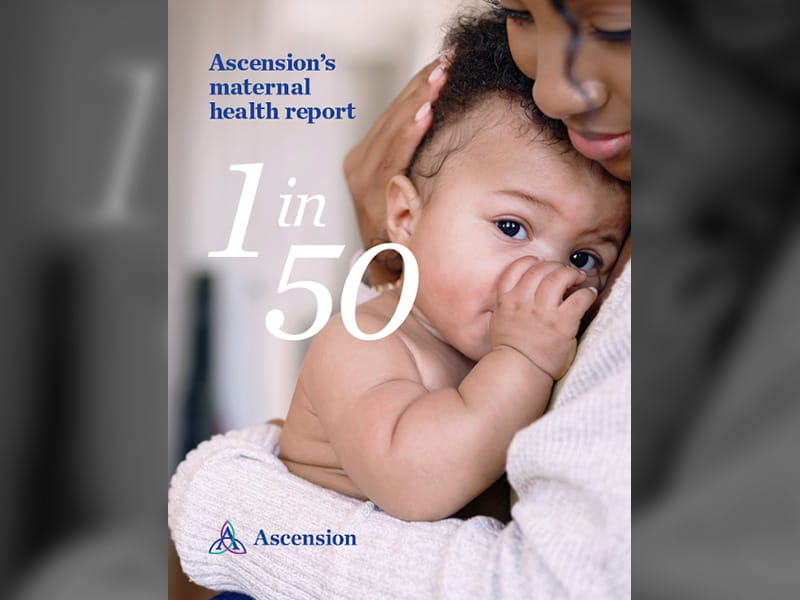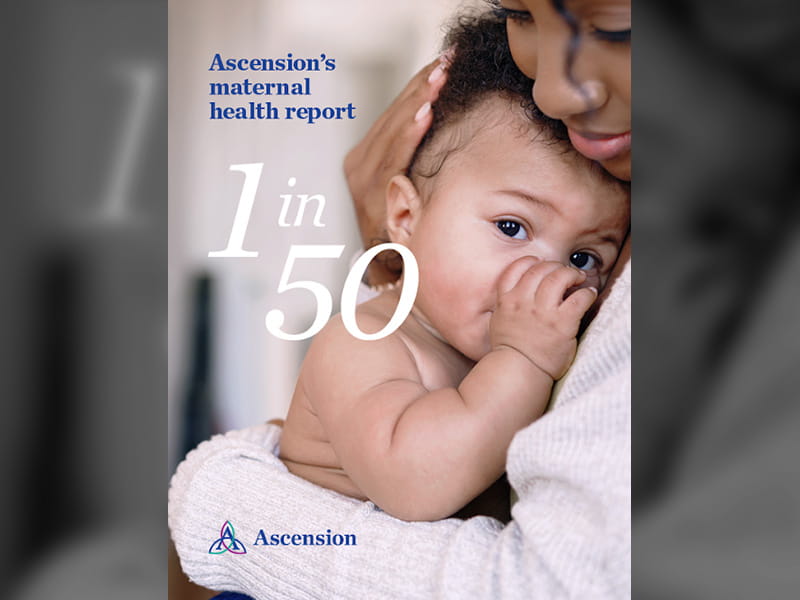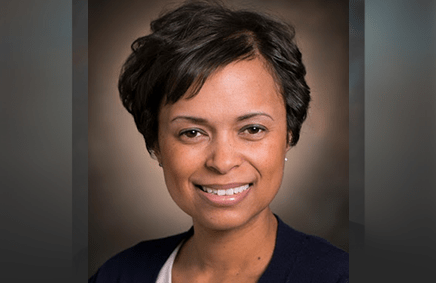Ascension News & Podcasts
Ascension News
Ascension News from Across Our Ministry

Featured News
The 1 in 50: Ascension Maternal Health Report offers an in-depth look into the current state of maternal health, spotlighting Ascension’s pivotal role in delivering care to a significant portion of the nation's newborns and their mothers, particularly those from underserved communities as well as addressing the social determinants of health that often lead to disparities in care.
April 17, 2024
Recent National News

News Releases
Ascension publishes new report demonstrating its commitment to advancing maternal health
The 1 in 50: Ascension Maternal Health Report offers an in-depth look into the current state of maternal health, spotlighting Ascension’s pivotal role in delivering care to a significant portion of the nation's newborns and their mothers, particularly those from underserved communities as well as addressing the social determinants of health that often lead to disparities in care.
April 17, 2024

News Stories
Ascension’s Unwavering Commitment to Maternal and Infant Care
Providing quality care to moms and babies is central to Ascension’s identity and Mission.
April 9, 2024

News Releases
Ascension promotes Amber Sims, Dr. Michelle H. Kohler to Ascension Leadership Team
Newly appointed leaders will lead priority areas including strategy, growth and human resources
March 4, 2024
Healthcare News by Region
Stay up-to-date on the latest regional news from Ascension.
Good Day Ascension Podcasts
The Good Day Ascension Podcast shares stories of how we serve others, live out our Mission and connect with our communities. Join the in-depth conversations with leaders and associates from across Ascension.
More Podcasts
Bringing food knowledge to the table
Almaz Rufael, Clinical Nutrition Manager, is activating patient well-being through body, mind and nutrition.
November 3, 2022
Stories of impact from the emergency room
Stories of impact from the emergency room.
September 1, 2022

